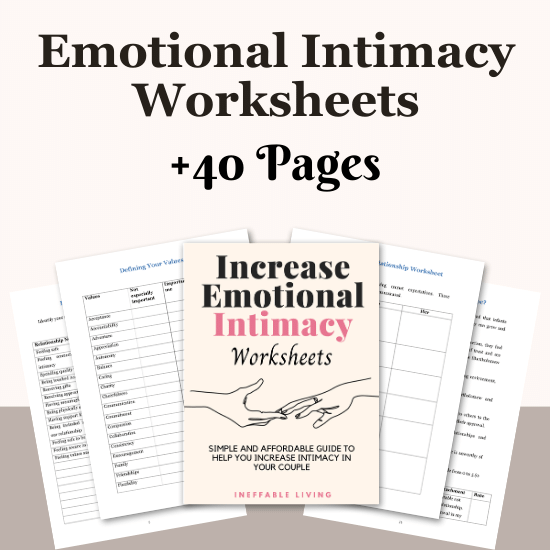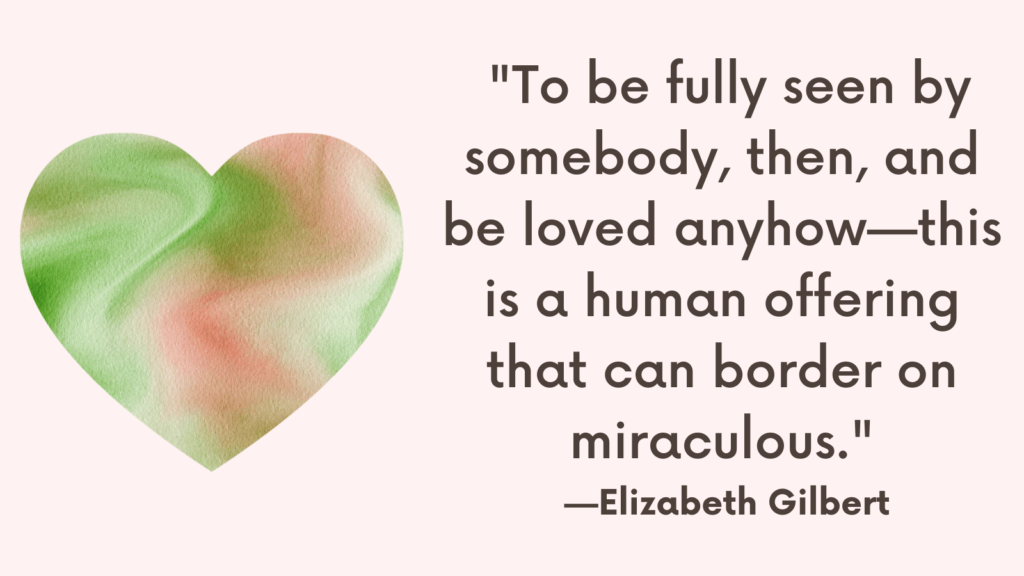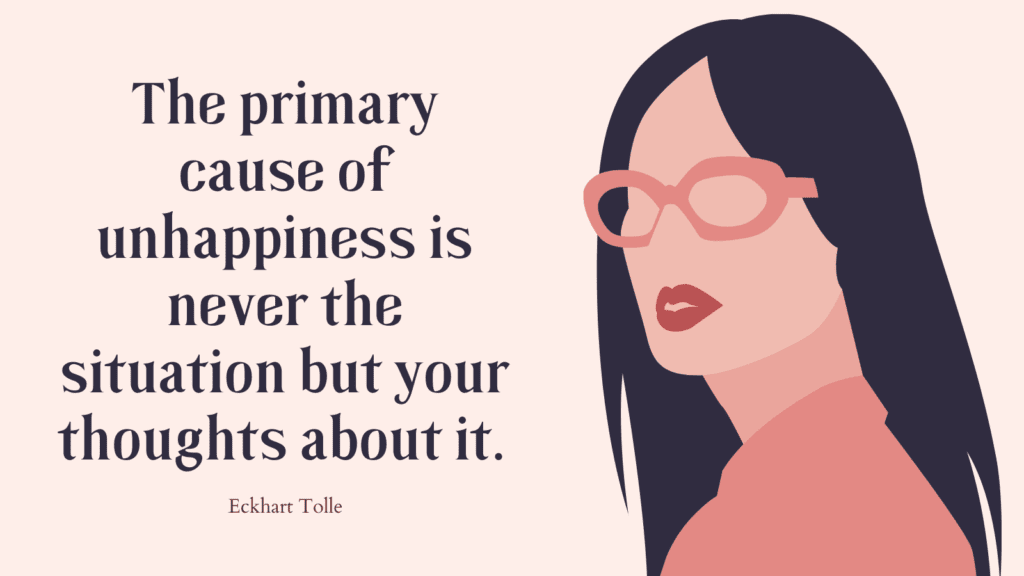Loneliness can be challenging to address when it arises within a relationship, as it often brings up confusion, guilt, or frustration.
Feeling lonely in a relationship may signal a need for deeper connection, better communication, or even personal growth.
Here are some strategies to help you cope with loneliness within a relationship and foster a stronger connection with both yourself and your partner.
Why Loneliness Happens Inside Relationships
Emotional Presence Fades Over Time
Long-term dynamics often shift from intimacy to routine. Without regular check-ins, connection becomes assumption.
Unmet Needs Go Unspoken
You may feel distant, but struggle to name what you actually need — so nothing changes, and resentment builds.
Conflict Avoidance Creates Emotional Walls
When it’s easier to keep the peace than be honest, silence replaces vulnerability — and both people end up isolated.
One (or Both) People Have Emotionally Checked Out
Sometimes the relationship is still functioning — but neither of you feels in it. The distance isn’t dramatic — it’s quiet.
How to Cope with Loneliness in a Relationship?
1. Acknowledge and Validate Your Feelings
Feeling lonely in a relationship can be confusing, as many people expect relationships to fulfill all emotional needs. Acknowledging and validating your feelings without judgment helps you understand them more clearly.
– How to Practice: Reflect on your loneliness, allowing yourself to feel without guilt or blame. Journaling or talking to a trusted friend can help clarify what’s causing the loneliness and lead to greater self-awareness.
2. Communicate Openly and Honestly
Loneliness often stems from a lack of communication or unspoken needs. Sharing your feelings openly with your partner can help bridge the emotional gap and bring you closer.
– How to Practice: Choose a calm moment to discuss your feelings with your partner. Use “I” statements, like “I feel disconnected” or “I miss spending time with you,” to express your emotions without blaming or criticizing. Open communication allows both of you to better understand each other’s needs.
Related: Emotionally Unavailable Husband Quiz
3. Identify and Express Your Needs
Sometimes, loneliness arises because we expect our partner to understand our needs without expressing them directly. Identifying and communicating your needs openly can help your partner support you more effectively.
– How to Practice: Reflect on what would make you feel more connected, whether it’s more quality time, verbal affirmation, or shared activities. Clearly express these needs to your partner so they can respond in a way that makes you feel seen and valued.
Related: How To Communicate With Your Partner Without Fighting?
4. Prioritize Quality Time Together
In many relationships, daily routines can overshadow quality time, creating a sense of emotional distance. Scheduling dedicated time for shared activities helps foster connection and reduce loneliness.
– How to Practice: Plan regular time together without distractions, such as a weekly date night or a daily check-in before bed. Focusing on undivided attention, even for a few minutes, can bring you closer and help you feel more connected.
Related: Emotional Intimacy Test (+13 Tips On How To Increase Emotional Intimacy In A Relationship?)
5. Engage in Shared Activities
Shared activities, like cooking, hiking, or taking a class together, can create a sense of teamwork and connection. Experiencing new things together fosters bonding and helps combat loneliness.
– How to Practice: Find an activity that interests both of you and make a plan to do it together. Whether it’s something new or a hobby you both enjoy, shared experiences create positive memories and deepen your bond.
Related: Best 50 Vulnerable Questions To Ask Your Partner
6. Focus on Building Emotional Intimacy
Physical proximity doesn’t always guarantee emotional closeness. Working on emotional intimacy can help you feel understood and valued on a deeper level, reducing feelings of loneliness.
– How to Practice: Ask open-ended questions that encourage vulnerability, such as “What’s something you’re looking forward to?” or “What’s been on your mind lately?” Practicing active listening and responding with empathy can foster a stronger emotional bond.
Related: 21 Key Relationship Check-In Questions to Ask
7. Explore Self-Reflection and Personal Fulfillment
Loneliness in a relationship may sometimes indicate a need for personal growth or fulfillment outside of the relationship. Exploring your interests, hobbies, and goals helps foster a sense of self-sufficiency and purpose.
– How to Practice: Reflect on any personal interests or goals you may have neglected. Take time to engage in these activities, whether it’s a solo hobby, exercise routine, or creative pursuit. Personal fulfillment helps ease loneliness by reinforcing that you are whole on your own.
Related: How to Reconnect After a Fight?
8. Avoid Comparison with Other Relationships
Social media and idealized images of relationships can make you feel that your relationship is lacking, amplifying feelings of loneliness. Focusing on your unique relationship dynamic helps you appreciate what you have.
– How to Practice: Limit social media time, especially when feeling vulnerable. Remind yourself that each relationship is unique and that it’s okay for yours to look different. Focus on small positive moments in your relationship rather than comparing it to others.
Related: How To Save Your Relationship From A Breakup? 5 Steps To Strengthen Your Relationship
9. Seek Professional Support if Needed
If loneliness persists or if communication efforts aren’t improving the situation, seeking help from a therapist or counselor can provide new insights and tools to strengthen your relationship.
– How to Practice: Consider seeing a therapist individually or as a couple. Counseling can help you both explore underlying issues and improve communication skills, leading to a more supportive and fulfilling connection.
Related: Do We Need Couples Therapy Quiz
10. Practice Self-Compassion and Patience
Addressing loneliness in a relationship takes time, and it’s easy to feel discouraged. Practicing self-compassion reminds you that loneliness is a common experience and that it’s okay to seek change.
– How to Practice: Be gentle with yourself, and recognize that it’s normal to feel lonely, even in a relationship. Remind yourself that connection and understanding take time, and each step you take toward improvement is meaningful progress.

Conclusion
Loneliness in a relationship is a common yet challenging experience, but with self-awareness, open communication, and intentional actions, it’s possible to cultivate a deeper connection with your partner.
Remember that both self-love and relationship growth are part of this journey, and every effort you make strengthens your bond, one step at a time.



